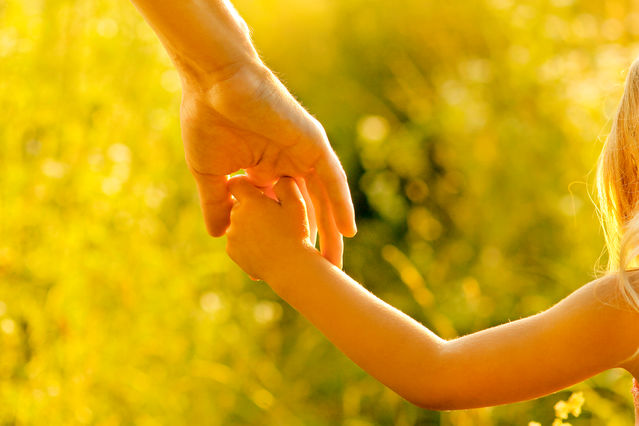
Since 1995, there has been study about the impacts of a person’s negative experiences in childhood. They call this Adverse Childhood Experiences or ACE. According the this study, adults who have more ACE such as (but not limited to) neglect, physical, emotional, verbal, and/or sexual abuse, domestic violence, etc. in childhood are more vulnerable to various self-destructive behaviours and other unhealthy results such as substance abuse, obesity, depression, anxiety, chronic pain, impaired cognitive functioning and other mental health problems. Even things like divorce, addiction (of parents for example), chronic parental conflict, and incarceration of a family member contributes to the development of a person’s trauma or even their character and outlooks that’s why it is important to minimize these ACEs. Although, it is also true that in some cases, ACE do not really have serious impact and the person might function well in the society in adulthood without these symptoms.
One of the important parts of healing from trauma is the acknowledgement of these truths within one’s self. However, it also necessary to have a strong support system from your families, relatives, or friends. In this way a person with high ACE from the past can have more chances of successful therapy. Using any of the varying approaches available such as “neurofeedback, journaling/writing therapy, meditation”, etc. individuals that are having difficult impacts from ACEs may now find hope to process and heal these emotional and psychological wounds. It was found out that individuals with higher ACE are typically more sensitive and more likely to consider normal situations as threats. However, just recently, fortunately another study from John Hopkins University was successfully acknowledged as a very important discovery as it counters ACE and is practical for everybody to facilitate and assess. To reverse the situation and reduce or minimize ACE, parents need to allow and boost positive childhood experiences (PCE) for the child.
So what is Positive Childhood Experiences (PCE)?
To determine the PCE, experts conduct psychometric analysis and according to the outcome, there are seven major points for this. The recent research has found that individuals who grow up with PCE such as “1) being able to talk with family members about their feelings, 2) feeling that their family stood by them during difficult times, 3) enjoying community traditions, 4) feeling a sense of belonging in high school, 5) feeling supported by friends, 6) having at least two non-parent adults who took a genuine interest in them, and 7) feeling safe and protected by an adult in their home” are more likely to be well-adjusted to the society and have less physical, mental, and relational health problems in adulthood even having ACE.
As parents, it is your responsibility to provide a better future for your children and this essentially includes reducing or preventing ACE. It is your obligation to your self to learn and understand these issues and have better perspectives and choices for your children’s future physical, psychological, and emotional well-being. For you to do this, you must also have a deeper understanding about these PCE and make them a priority for guiding your children’s daily life. Helping to facilitate these PCE as a parent can help a lot in your children’s growth and spiritual evolution as it helps them develop greater resilience and enables them to realize positive ideas that are more inclined to humanity’s greatest virtue such as ethics, morality, justice, compassion, and cooperation.
To learn more about ACE and PCE, you can check out these links.
ACE study by CDC:
More about ACE:
Adverse Childhood Experiences Journal Articles
NPR on ACE
John Hopkins University study on PCE
Seven Early Experiences with Potential Benefits in Adulthood
Featured Photo: Psychology Today | 8 research based reasons I rose tint some childhood memories





